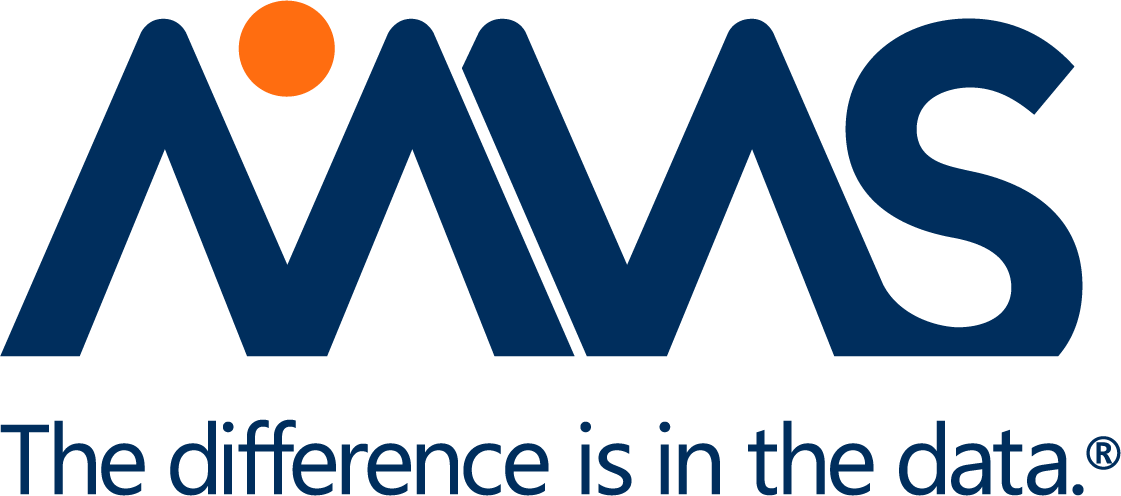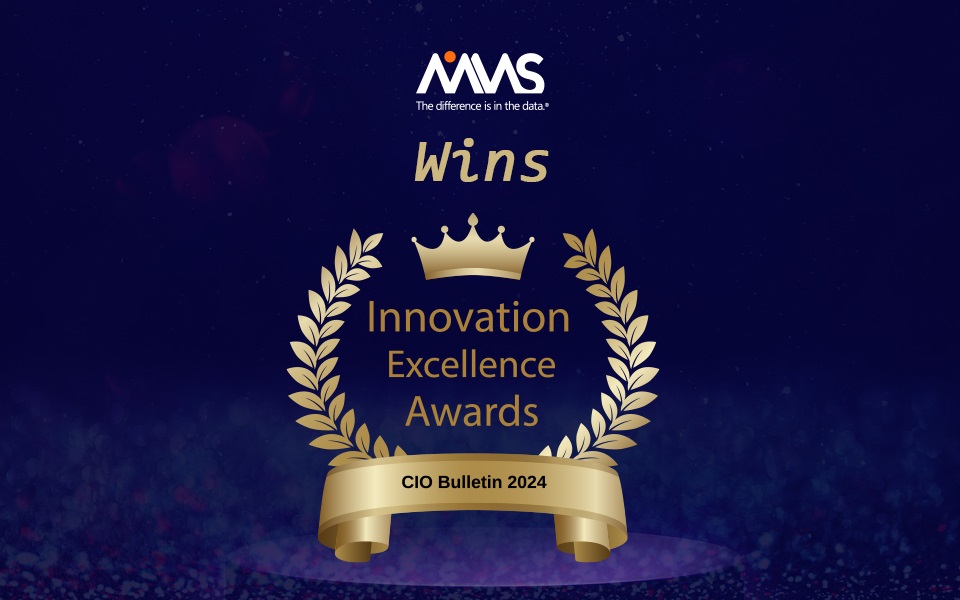Q: Can you describe the difference between Circle of Concern and Circle of Influence?
A: This is a well-established concept by Stephen Covey and often cited by many, but it is rarely put into practice by most in our day to day lives. Your Circle of Concern includes everything that you are personally concerned about, including government affairs, the environment, and even things closer to you like a neighbor’s poorly kept yard. These are elements that may impact daily life, but you have no direct influence over them. Focusing on these matters excessively drains your energy and impacts your attitude towards elements within your Circle of Influence.
Your Circle of Influence, on the other hand, are things that you can directly influence, adjust, or change with a tangible outcome. These include your health, quality of work, and the charitable causes that you wish to support.
Control brings with it an absolute success dogma that does not exist—even with matters that are entirely personal. For instance, you may eat right and exercise. This is within your Circle of Influence to stay healthy, but you are only influencing your health—not controlling it as much as you may like. Personally, I am not a fan of the word “control,” as it has a transient dopaminergic high that is never sustainable.
Working largely within the Circle of Influence is a positive game changer in terms of your level of satisfaction and overall emotional health. The rewards are directly visible and can be seen from a pharmacological level as well. Such positive personal and professional experiences lead to higher levels of oxytocin and lower levels of cortisol, which in turn help to alleviate stress and pain.
Q: Why do individuals focus on reactive responses within the Circle of Concern?
A: As human beings, we tend to observe less and react more no matter what the situation is. This is a design flaw in us that coordinates what we see with our ability to think, judge, extrapolate, and react. Years of evolution has further cemented this flaw and we are victims of the BMI (body, mind, intellect) wiring that has allowed us to be the predominant species on the planet along with the added stresses it brings.
It takes a very concerted effort to recognize what is and what is not within your Circle of Concern and Circle of Influence. This is even more difficult for professionals who wish to create an impact in the workplace. Additionally, the current social-media-centric environment begs a reactive response to the most mundane. People feel the compelling need to jump on a bandwagon when peers and family members do so. It can be a social, political, or global matter or in most cases an absolute non-issue.
Please know, I am not suggesting apathy or indifference under the guise of the circle concept. Awareness and thoughtful involvement lead to a meaningful impact and less frustration primarily for the self.
To summarize: become more aware of what’s really worth your energy.
Q: How does MMS and its colleagues operate within the Circle of Control?
A: “A NO uttered from the deepest conviction is better than a YES merely uttered to please, or worse, to avoid trouble.” – Mahatma Gandhi
At MMS, our staff is trained to recognize patterns out of our control that primarily arise from situations outside of the organization. This can be poor planning, delay from another vendor, or internal issues from the client’s end. Our teams carefully assess every situation to see how best we can handle the emergency that is primarily a result of poor planning outside of MMS. We are a global company with colleagues in every time zone, thereby allowing for a 24-hour clock and some excellent in-house practices like APP™. These factors allow us to clearly define what is possible and the associated timelines with the deliverable without any compromise on quality.
Most importantly, we do not hesitate to politely decline projects that compromise our ability to deliver quality within the needed timelines. It is amazing how many times we are called in to rescue projects we initially declined from other vendors who have completed the task inadequately.
Q: Have sponsors noticed these differences directly between MMS and other CROs?
A: Our sponsors have not only noticed this but have commended us on our well-established processes which still allow a great deal of flexibility. All of our sponsors have options in terms of the vendors they work with. Our philosophy at MMS is we serve as an extension of the sponsor team and not merely as a vendor. This allows to think and do beyond what is implicitly stated in the task order to ensure that deliverables are of the highest quality.
This is within our Circle of Influence and our sponsors benefit from our teams thinking with this mindset. The team in turn is able to perform at a higher level from an end-outcome perspective instead of a “Sponsor: jump; CRO: how high” mindset. Along with our team’s technical competency, clinical trial sponsors have come to stay with us for these attitudes and values that we bring to the work that needs to be outsourced.
Our transparency and proactive engagement to be an extension of sponsor teams allows us to be unique among other CROs.
Q: How do you ensure all colleagues at MMS stay proactive in their daily tasks?
A: Our culture at MMS is one of collaboration, not competition. This builds teams who are passionate about the work we do and support the organization at all levels. To be proactive, one must be thinking forward and look beyond to create efficiencies and opportunities. It is human nature to do more and constantly improve, and the inability or resistance is often due to restrictive or rather prescriptive top down work practice cultures that are more predominant.
Since inception, a Kaizen culture of improvement has been effectively adopted by all global colleagues. In addition, our recently formed Innovation leadership team (ILT) and Yokoten mindset pave the way to continue a proactive innovative mindset across all global locations. Yokoten is a process for sharing learnings laterally across an organization. You can think of Yokoten as “horizontal deployment” or “sideways expansion” and allows one group or department to benefit from learnings of another without top down deployment.
It is very rewarding for colleagues to see their successes being shared and implemented laterally and this allows them to expand their Circle of Influence, thereby creating a positive environment for all.





